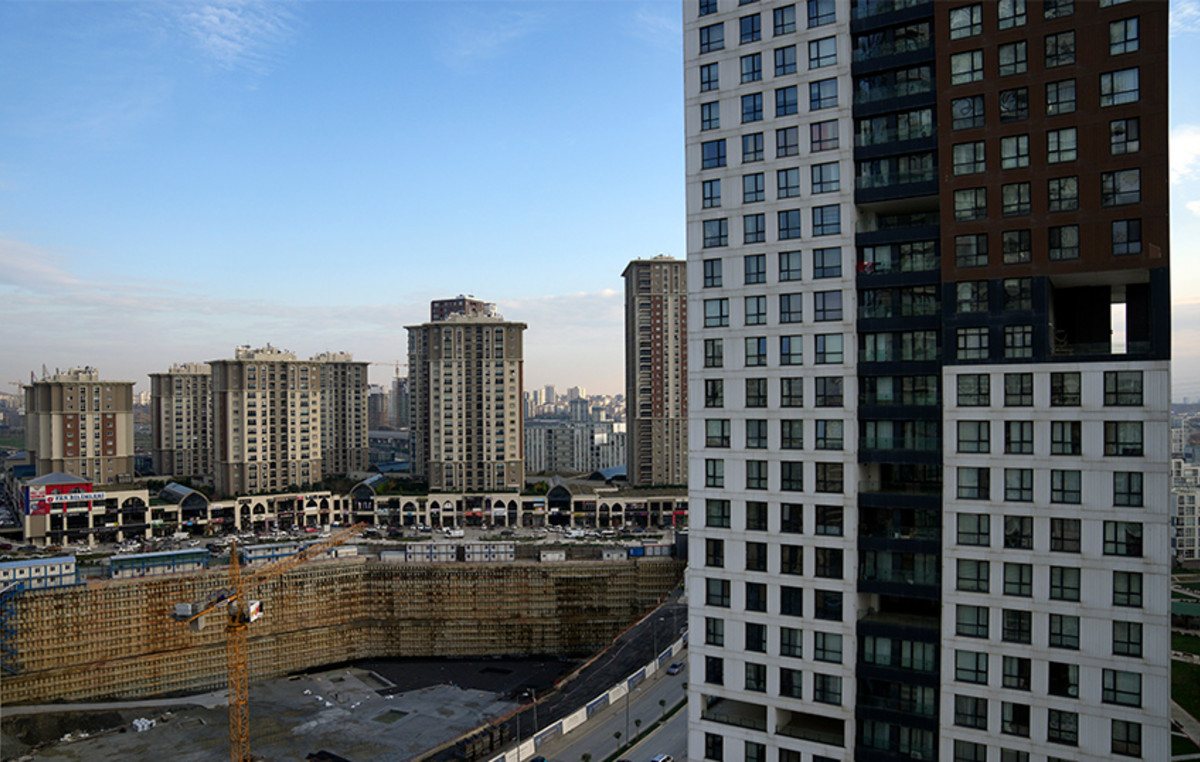The emergence of the Ômicron variant has put countries and organizations on alert in recent days. Estimates that this could be an even more transmissible strain due to the number of mutations identified by scientists in South Africa have caused restrictions on international flights – but, in Brazil, the new variant should generate “reflections” on the flexibility to the use of masks .
The evaluation was made to the CNN by physician Ludhmila Hajjar, professor at the Faculty of Medicine of the University of São Paulo (FMUSP) and head of the Covid ICU at Hospital das Clínicas.
“When we’re talking about a viral disease, whenever a new variant appears, by the time you detect it, there are already thousands of people infected. It is possible that there will be a new reflection in the sense of adopting restrictive measures”, declared Hajjar.
“Even without the new strain, we were already discussing this point. We don’t have 80% of the population vaccinated, we’re going to enter the end-of-the-year festivities, there’s Carnival. Is it time to make everything more flexible, including the use of masks, such a simple element?”, asked the doctor.
The information available on the Ômicron variant so far is a cause for concern, said Hajjar, who highlighted the number of mutations in the new strain – around 30 times greater than the Delta variant, which is considered responsible for the third wave of Covid-19 in Europe – as a possible challenge to current global vaccination rates and the effectiveness of immunization agents.
For Hajjar, the moment demands that Brazil start “taking care” to “minimize the possible damage” of the variant. “The whole world has to take quick action. The appearance of a new variant, sometimes, we are not able to stop, but our capacity is to minimize possible damages”, he affirmed.
The doctor also reflected on the vaccination rates in the world and on the inequality in access to immunization agents – which, by allowing a greater circulation of the virus among people without immune defenses, allows for greater chances for the occurrence of mutations.
“The coronavirus is a spiked virus, which has the spike protein on its wall, which makes the virus enter the cell. Vaccines and new antivirals have the ability to block the spike in the individual’s cell. This protein, if mutated, will deceive the immune system”, he explained.
“Every time the virus is at ease, as it passes from one individual to another, it increases its capacity to undergo changes in its structure,” he said.
Therefore, Ludhmila Hajjar advises that there be a new incentive for vaccination against Covid-19 rather than a feeling of “panic” among the population.
“We had a country that was economically and socially devastated, we managed to control the disease, significantly reduce deaths, free up beds for other patients with diseases that continue to exist,” he said.
“Vaccination is the main effective measure in combating the coronavirus. We didn’t win this pandemic, it still affects the whole world, but Brazil has taken important steps in recent months. We need the commitment of the population”, he added.
Reference: CNN Brasil







